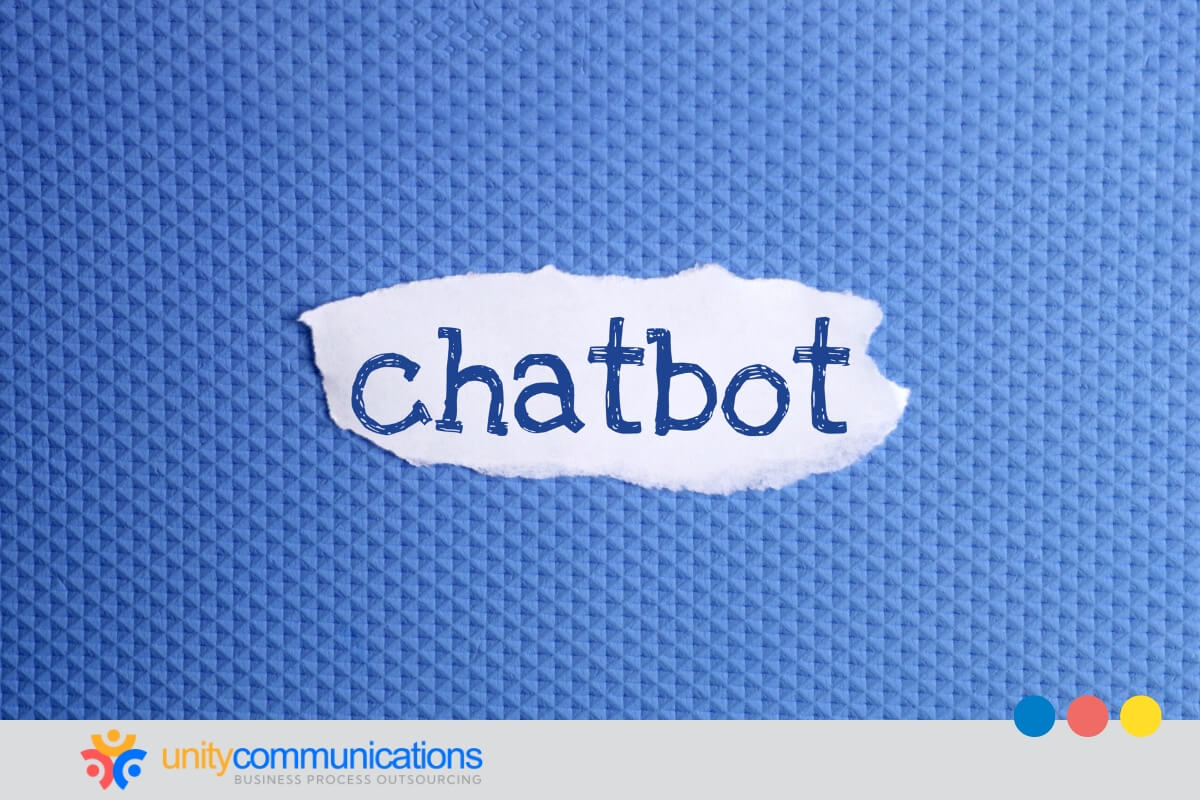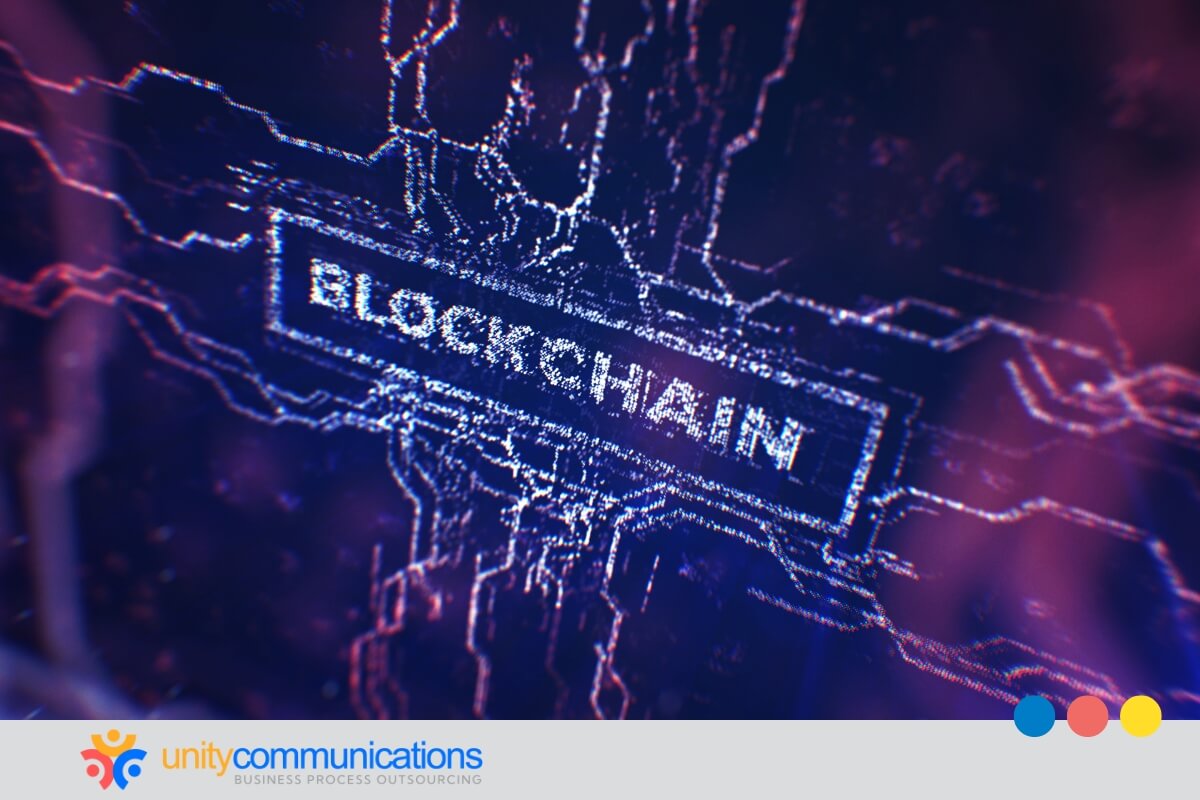IN THIS ARTICLE
Table of Contents
Artificial intelligence (AI) is redefining outsourced work, boosting productivity, streamlining operations, and transforming workforce roles.
Business process outsourcing (BPO) is evolving, with AI tools improving speed, accuracy, and decision-making. Understanding how AI affects skill outsourcing is essential as firms shift toward data-driven decision-making and streamlined workflows.
This article explores AI’s role in outsourcing: its influence, challenges, and future impact. Read on for key insights.
How AI is transforming outsourcing

What is BPO, and how is AI transforming outsourcing? The strategy involves delegating non-core operations to a service provider. AI technologies in BPO automate routine tasks and improve overall process efficiency.
AI–powered tools refine data analysis, allowing outsourcing firms to deliver deeper insights. Natural language processing (NLP) improves call center communication, while machine learning (ML) enables smarter, data-driven decisions. Lastly, robotic process automation (RPA) minimizes manual tasks, accelerating productivity.
The market for global AI in BPO is projected to reach $49.6 billion by 2033, growing at an annual growth rate of 34.3% from 2024 to 2033. This indicates a growing reliance on AI-driven outsourcing for efficiency and scalability.
Understanding how AI affects skill outsourcing is vital as roles shift toward strategic functions, requiring adaptation to evolving AI capabilities.
Automating routine tasks with AI
AI is revolutionizing the outsourcing industry by automating repetitive tasks, boosting efficiency, and reducing human error. BPO teams integrate AI to replace manual tasks with AI–driven outsourcing solutions.
Advanced AI systems powered by rule–based algorithms and ML enhance problem–solving, allowing organizations to focus on strategic roles. RPA’s impact on BPO is evident as it accelerates data processing, reducing reliance on human workers for routine tasks.
A McKinsey report predicts that by 2030, AI could automate up to 30% of work hours in the U.S., benefiting professionals in the technology, engineering, business, and legal sectors. This shift illustrates how AI affects skill outsourcing, transforming job functions.
How AI enhances data analysis and decision-making
AI processes large datasets faster than humans to extract critical insights. In outsourcing, AI-driven analytics strengthen quality assurance (QA) by detecting inefficiencies and reducing errors. As a business, you need key performance indicators (KPIs) to assess productivity. The technology tracks data in real time to improve accuracy and operational efficiency.
AI-powered KPIs and outsourced QA change skill outsourcing and decision-making by:
- Identifying high-performing outsourced talent through data-driven performance tracking
- Predicting workforce demand to scale third-party teams effectively
- Automating skills assessments to match outsourced professionals with specialized tasks
- Enhancing compliance oversight to manage outsourced workforce regulations efficiently
- Optimizing task allocation to boost BPO productivity and expertise
AI-driven security in outsourced services
Using AI in the BPO industry strengthens fraud prevention, risk management, and data protection. You can deploy the tech to secure hiring processes, mitigate cyber threats, and maintain regulatory compliance, allowing providers to maintain trust and operational stability.
AI is redefining security in outsourced services by:
- Detecting fraudulent credentials in hiring through AI-driven identity verification
- Analyzing behavioral patterns to determine insider threats in third-party teams
- Automating encryption protocols to protect sensitive outsourced data
- Predicting cybersecurity threats using ML for proactive risk management
- Strengthening compliance audits by automating policy enforcement in business process outsourcing agreements
- Enhancing access controls to restrict unauthorized entry into outsourced systems
The rise of AI-powered virtual teams

Virtual teams are no longer just a convenience. They’re essential to global business. With AI, companies can manage distributed workforces more effectively using smart scheduling, real time translation, and performance tracking. This highlights how AI affects skill outsourcing.
AI is overhauling virtual team dynamics by:
- Automating task assignments based on AI-driven workload analysis
- Enhancing real-time collaboration with AI-powered language translation tools
- Monitoring team productivity using AI-driven performance tracking metrics
- Strengthening workflow efficiency through predictive task prioritization
- Optimizing BPO in AI customer support with intelligent chatbot integrations
- Refining project delivery timelines by analyzing historical performance trends
- Streamlining document management with AI-driven data categorization
- Improving decision-making accuracy with AI-generated insights from team collaboration data
Cost reduction and scalability with AI outsourcing
AI outsourcing enables organizations to decrease operating expenses while enhancing scalability by automating routine processes and optimizing resource allocation. This approach allows you to concentrate on strategic goals, driving long-term growth.
Here’s how AI and BPO solutions can reduce your spending and improve scalability:
- Allocating outsourced resources dynamically based on AI-driven demand forecasting
- Reducing overhead costs by automating repetitive back-office operations and honing process accuracy
- Enhancing workload distribution and operational efficiency with AI-powered task prioritization systems
- Minimizing training expenses through AI-driven onboarding and skill assessment programs
- Optimizing remote workforce management using AI-powered performance analytics tools
Ethical pitfalls of AI in outsourcing and how to avoid them
AI in outsourcing presents ethical challenges that affect stakeholders. An example is algorithmic bias in automated hiring, which can reinforce inequalities and limit fair opportunities. Pairing AI recruitment tools with bias mitigation strategies is essential to ensure fair outcomes.
Here’s how AI affects skill outsourcing while addressing ethical concerns:
- Deploying AI auditing tools to identify and reduce bias in automated hiring
- Enhancing cybersecurity protocols to safeguard sensitive outsourced data
- Implementing AI governance frameworks for transparency in decision-making
- Establishing ethical AI guidelines to mitigate job displacement risks
- Using AI-driven compliance tracking to uphold outsourcing regulations
Data privacy concerns grow as AI systems analyze delicate information, necessitating stringent security measures to safeguard outsourced activities.
How AI affects skill outsourcing and reshapes employment requirements
AI is transforming the labor market. Its adoption in outsourcing shifts job roles, requiring expertise in automation, analytics, and AI integration. Data-heavy tasks are declining while the demand for computational intelligence specialists grows.
The World Economic Forum predicts that over 7.5 million data entry jobs will be lost due to automation by 2027. To remain relevant and competitive, professionals must adapt to roles involving AI capabilities.
The rising demand for AI specialists, data analysts, and automation experts demonstrates how AI influences talent outsourcing. Outsourcing firms now seek personnel skilled in AI ethics, algorithmic bias and model assessment, and AI deployment to maintain efficiency and compliance.
AI + blockchain = better oversight in outsourcing

AI and blockchain are teaming up to create more transparent outsourcing partnerships. While AI verifies credentials, blockchain ensures secure, traceable transactions. Together, they reduce fraud, automate compliance, and foster trust between clients and service providers. Furthermore:
- ML authenticates qualifications by analyzing digital records, reducing hiring risks.
- Blockchain-based verification strengthens security, preventing falsified credentials.
- Blockchain improves transparency in outsourced contracts.
- Smart contracts trigger payments automatically when conditions are satisfied, eliminating conflicts.
- AI analyzes transaction data for anomalies, preventing fraud.
AI and blockchain improve transparency by automating credential checks and tracking compliance with tamper-proof audit trails.
The future of human-AI collaboration in skill outsourcing
Human-AI collaboration is a way to outsource transformational skills by integrating AI assistance into specialized roles. In particular, you can harness artificial intelligence to complement human expertise instead of replacing it.
BPO’s role in AI transformation involves optimizing delegated processes through hybrid intelligence, where the technology handles routine tasks while humans focus on strategic work. Together, they can produce the following results:
- AI-enhanced collaboration tools heighten remote team efficiency.
- Cognitive AI helps BPO professionals solve complex problems.
- AI-driven workflow optimization accelerates project execution.
- AI-enabled knowledge management systems augment external team expertise.
- Workflows are intelligently automated to meet project needs quickly.
- AI-based sentiment analysis facilitates communication among BPO teams.
The bottom line
AI is no longer a futuristic concept. It’s reshaping outsourced work today. To stay competitive in today’s evolving outsourcing landscape, businesses need innovation, agility, and intelligent solutions.
Are you ready to streamline your operations with AI-driven outsourcing? Let’s connect and design a future-ready strategy tailored to your needs.





